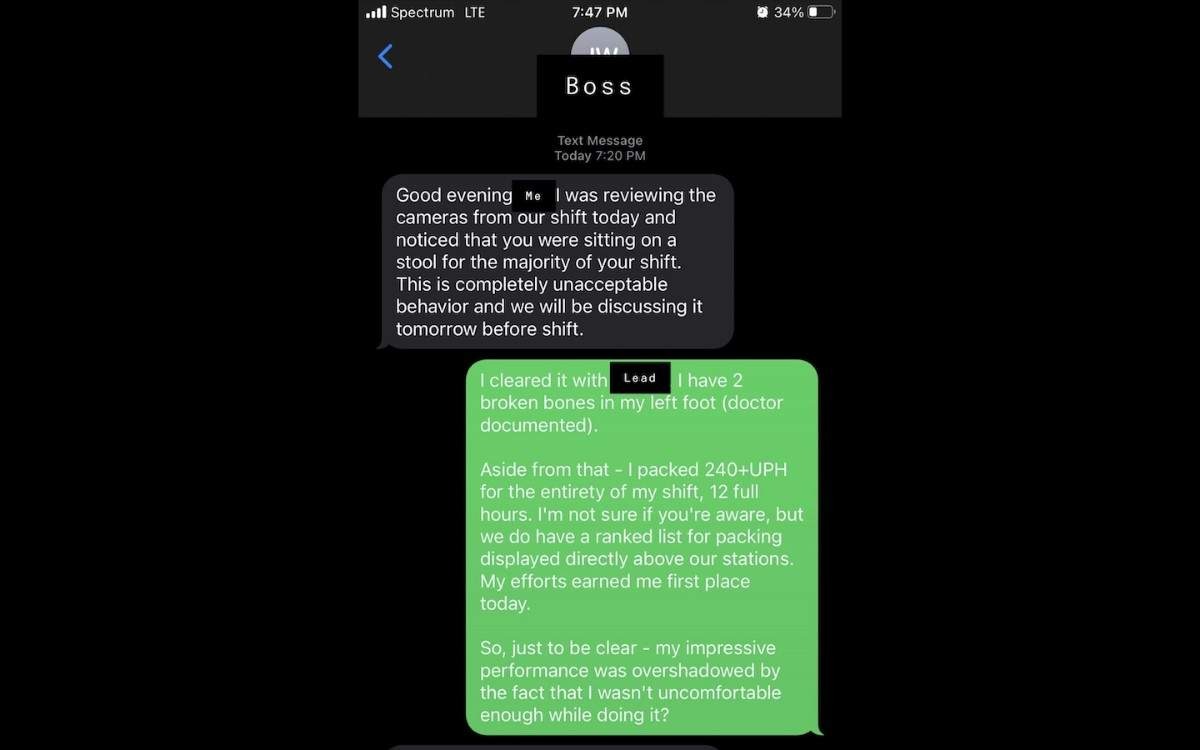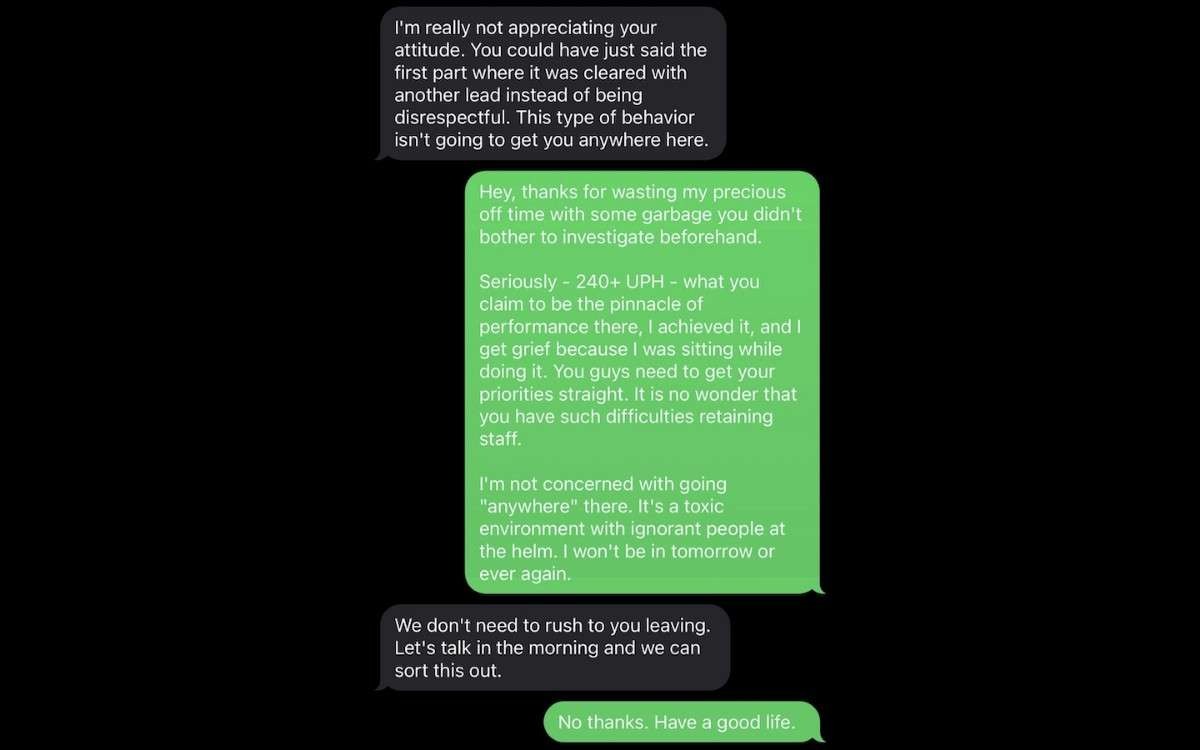Retention should start right after the employee joins your company, not after he/she hands in their Letter of Resignation, read a trending post on LinkedIn with about 21,000 likes.
What employers often forget is that, retention is so much easier and cheaper than recruiting new employees. It not only saves training costs of new hires, but also doesn’t hinder with productivity at workplace. Of course, there are numerous retention strategies for employee retention in UK, but the key is to make them feel a part of your business, recognised, and above all, free to juggle between personal and corporate life.
Hitting the Golden Buzzer: How to Retain Great Performers
High retention rates mean that your organisation is doing something right and treating its employees well. Once you win a reputation as a dynamic workplace, it improves your company's employer brand image and of course, attracts qualified candidates.
1. Employee monitoring: Is it really a good idea?
There isn't more ineffective technique to manage your teams than monitoring employees. There is no more pitiful message to deliver to your people. A question to ask ourselves: Will we, as employers, respond to years of employee demands for more flexibility and independence by watching their every step when they're not in the office? Instead, think on how your organisation is reaching its objectives, and how your employees are meeting their goals, whether they're working from home or on Mars.
Don't forget: You're a judge, not a cop
A recent poll revealed more than 2,400 employees being monitored in the UK. The case of a warehouse worker under surveillance went viral on Reddit with 270k upvotes. The arrogant boss sends a text at late night night, indicating he had remotely monitored the employee and wasn't pleased with one thing in particular.
'‘I was reviewing the cameras from our shift today and noticed that you were sitting on a stool for the majority of your shift. This is completely unacceptable behaviour and we will be discussing it tomorrow before shift."

The employee, who goes by the Reddit moniker/ hestolemysmile, was having none of it. The employee went on to say that his efforts during that particular shift had earned him first place in the warehouse's public packing rankings. ‘So just to be clear,’ he replied.
‘My impressive performance was overshadowed by the fact that I wasn’t uncomfortable enough doing it?'
Amazingly, the boss doubled down with ‘I’m really not appreciating your attitude. This type of behavior isn’t going to get you anywhere here.’

Unsurprisingly, the employee took the decision to leave the company by giving his boss the proverbial clenched fist: ‘I’m not concered with going ‘anywhere’ there. It’s a toxic work environment with ignorant people at the helm. I won’t be in tomorrow or ever again.’ Bravo. What's more, his employer finally caves in and begs him to stay.
The user titled his post: ‘Quit my job last night, it was nice to be home to make the kids breakfast and take them to school today! Off to hunt for a new opportunity, wish me luck :)
We do indeed wish him luck.
2. Offer the flexibility for your talent to perform well
“The rigid pattern of nine-to-five, Monday to Friday is no longer fit for purpose,” says Phil Foster, CEO of Love Energy Savings (LES), one of the recent employers to follow suit and let its employees set their own working hours with ultimate flexibility over their work structures.
“Traditional ways of working just don’t fit in with how we live our lives today.”
Don't leave behind hybrid work while unpacking return-to-work plans
Employers who first promised remote working benefits, are now mandating work-from-office. Here’s a fact: Employees are ready to quit their jobs in search of a hybrid work setup. Foster's policy ‘Flexible-Flexible’ offers co-workers the freedom to work from any location of their choosing. “Not only does it allow our colleagues to work from anywhere in the UK, they can also choose the hours that suit them and their families," he adds.
3. Reward, Recognise, A Pat on the Shoulder works fine sometimes too
Employee incentives don't necessarily have to be costly or time-consuming. This idea was used by E.On (a German utility business) who launched a Buzz recognition program that led people to send thank-you messages, both digital and real. As simple as it sounds, employees received "Thank Yous" from both managers and peers due to this recognition technique, cutting across organisational tiers.
And the outcomes are self-evident:
- The employee motivation score at E.On grew from 61% to 69%.
- The percentage of employees that "feel valued" jumped from 39% to 52%.
- Employee understanding of E.On's business strategy improved from 57% to 75%.
Takeaway: Celebrate accomplishments to keep employees motivated and engaged. It may be as simple as mentioning the employee's progress by entrusting in an employee engagement software in UK with an intuitive recognition feature.
4. Identify candidates who are potential performers
Hiring people who are most fit for the job means they are more likely to stick besides you and are less likely to leave in the first place. It is equally important to ensure that the employee fits with the business culture and shares comparable beliefs. Even though it is very simple to verify if qualifications, skills, and prior experience fit the job opening, an automated recruitment software can offer an in-depth analysis of who is likely to leave or stay.
Know how Netflix changed their recruitment game and more about: How Netflix Reinvented HR
5. Make 90th day as important as the 1st day of new employees
It's important to keep in mind that successfully onboarding a new employee can take several months.
- Check in frequently, and schedule regular catch-ups to allow new hires to express any issues.
- Take the time to observe and inquire about them. Do they, for example, have a good understanding of the company and their role?
- Facilitate a Learning and Development system, and be prepared to provide additional feedback.
The first few months are an excellent time to evaluate how you and your new employee will communicate on a daily basis. The early phases of your engagement can set the tone for the type of management input they require to feel supported, and how you may need to change your management style.
6. Offer real-time feedback: Why wait until an annual performance review?
Annual performance evaluations are becoming obsolete. In comparison to regular, up-to-date feedback and ongoing staff check-ins, they are failing. When employees have the opportunity to connect with managers on a frequent basis, communication becomes more fluid, and managers are kept informed about the progress. This greater participation will ensure that your staff are actually invested in the company's functioning and development, further driving employee retention in the UK.




































-min%202.avif)













